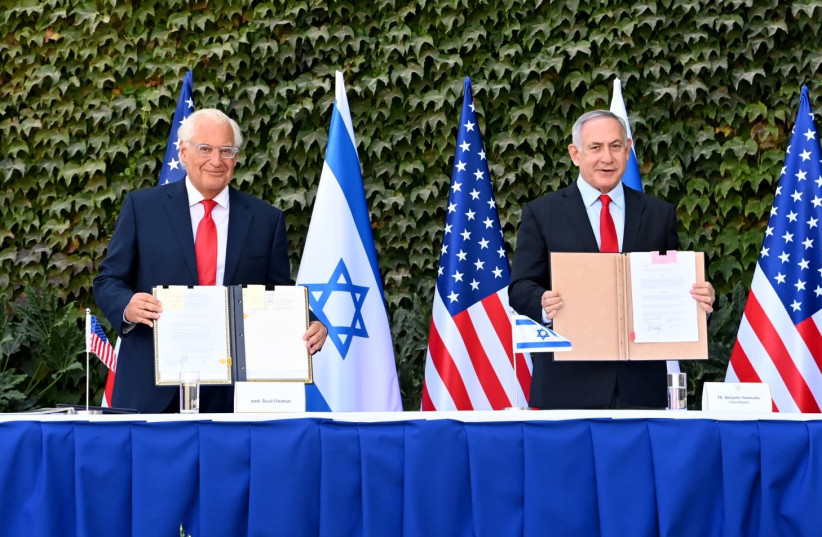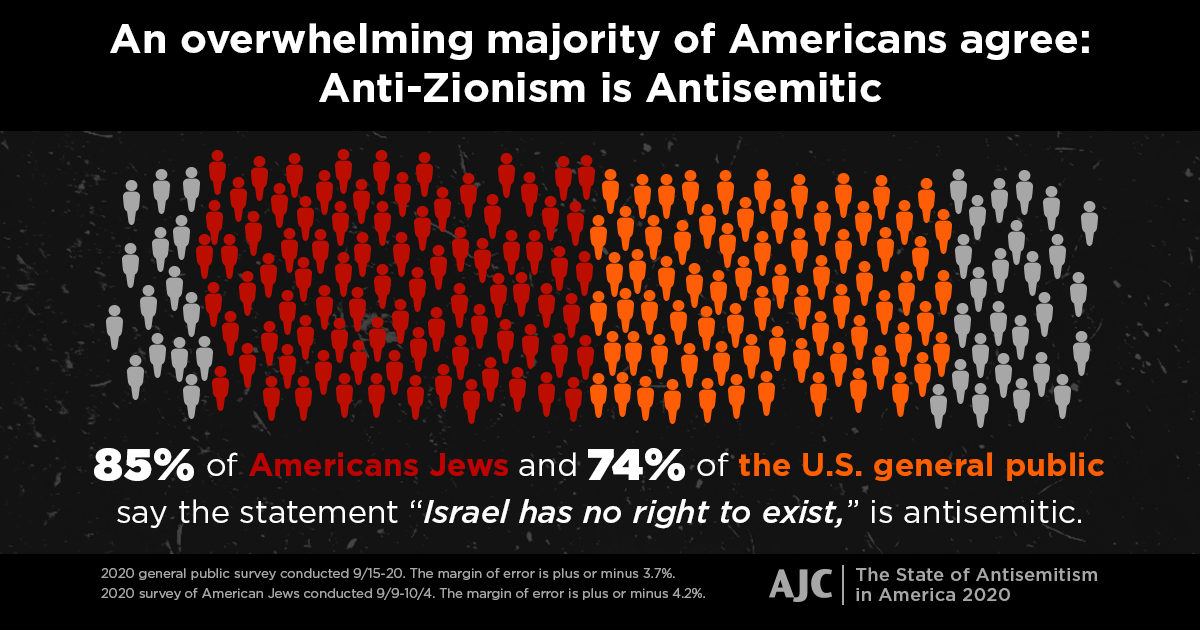Holocaust Denial Not a Violation of Misinformation Policy, Twitter Boss Tells Skeptical Senate Committee
Twitter boss Jack Dorsey sowed further confusion over the social media platform’s Holocaust denial policy during an angry grilling at the hands of the Senate Commerce, Science and Transportation Committee on Wednesday.
Facing questioning from Republican senators who alleged that Twitter was censoring information from conservative outlets while permitting posts that deny the fact of the Holocaust, Dorsey appeared to backtrack on a statement issued by his company on Oct. 15, when a spokesperson for Twitter had condemned “antisemitism and hateful conduct,” emphasizing, “We also have a robust ‘glorification of violence’ policy in place and take action against content that glorifies or praises historical acts of violence and genocide, including the Holocaust.”
But at Wednesday’s hearing, Dorsey said that Twitter did not “have a policy against misinformation.”
He explained: “We have a policy against misinformation in three categories. That is all we have policy on for misleading information.”
He then added that tweets denying the Holocaust could be removed if they were considered to incite violence.
Dorsey’s answer infuriated Sen. Cory Gardner (R-CO), who countered by invoking Iranian Ayatollah Ali Khamenei’s constant use of Twitter to engage in Holocaust denial.
“It’s strange to me that you’ve flagged tweets from the president [of the United States] but haven’t hidden the ayatollah’s tweets on Holocaust denial or calls to wipe Israel off the map,” Gardner said. “Millions of people died and that’s not a violation of Twitter?”
Responded Dorsey: “It’s misleading information, but we don’t have a policy against that type of misleading information.”
This is astonishing: Jack Dorsey says that Holocaust denial is not “misinformation” according to Twitter policy. pic.twitter.com/GhVn3u9ow8
— Alexander Nazaryan (@alexnazaryan) October 28, 2020
Jack Dorsey Defends Allowing Iranian Threats to Eliminate ‘Cancerous’ Jews: ‘Respecting Their Right to Speak’
Twitter CEO Jack Dorsey on Wednesday said his platform allows Iran’s supreme leader, Ayatollah Ali Khamenei, to fulminate against “cancerous” Jews because he wanted to “respect” his “right to speak.”
“We believe it’s important for everyone to hear from global leaders, and we have policies around world leaders,” Dorsey said in testimony before the Senate Commerce Committee, responding to a question from Chairman Roger Wicker (R-MS) about the messages. “We want to make sure we are respecting their right to speak and to publish what they need. But if there is a violation of our terms of service, we want to label it.”
Wicker interjected to note the messages still appear on Twitter without a label. Dorsey said he found them permissible because Khamenei was threatening citizens of other countries rather than citizens of Iran.
“We did not find those to violate our terms of service, because we considered them saber-rattling, which is part of the speech of world leaders in concert with other countries,” Dorsey said. “Speech against our own people, or our country’s own citizens, we believe is different and can cause more immediate harm.”
Khamenei has used Twitter to write numerous messages that have drawn attention this year. He used the platform in July to promise a “reciprocal blow” to the United States for the January killing of Qasem Soleimani, the leader of Iran’s Revolutionary Guard Corps, and previously referred to Israel’s “Zionist regime” as a “cancerous tumor” that needed to be “eliminated.”
I meant the fact this enormous tool is still tweeting, I'm guessing if I were to post an illustration of the prophet, my account would probably be reported and banned. Should tell you something. pic.twitter.com/c8GT3Co5xA
— Stephen L. Miller (@redsteeze) October 28, 2020
Ruthie Blum: Peter Beinart’s Assault on the Abraham Accords
That Beinart has made a career of blaming Israel for everything from Palestinian Authority (PA) intransigence to Hamas terrorism is not news. Nor is it surprising that many of his admirers in Israel and abroad are miffed that the Abraham Accords exposed the conventional wisdom about Mideast peace-making as folly.
But it takes a special kind of vicious creativity to concoct a universe in which peace, if forged by or with Israel, is evil. Beinart’s main method is to twist facts to fit his false version of reality. One such revision of history includes the idea of widespread Muslim-Arab support for the Palestinians. The latter would be the first to scoff at the notion that they have received much more than lip service from their Arab League “brethren,” particularly of late.
Nevertheless, Beinart concludes his piece by warning against the danger of additional peace deals with the Jewish state.
“In the coming months, Israel may succeed in normalizing relations with additional Arab states,” he writes. “Over the long run, however, its warming relations with oppressive regimes will likely provoke even greater hostility from the broader Arab public. In the past, Arab citizens mostly resented Israel for oppressing Palestinians. In the future, they may also resent it for helping their own governments to oppress them.”
For someone so concerned about oppressive regimes, Beinart is curiously silent about the suffering of Palestinians at the hands of their own corrupt and despotic leaders in Ramallah and Gaza. Indeed, he has nothing to say about the blatant human-rights abuses committed by Palestinian Authority head Mahmoud Abbas and his henchmen against critical journalists, academics, novelists, and even average social-media users.
Nor does he bother wasting ink on the absence of free speech or the persecution of gays that are the norm in the PA. No, if Israel can’t be called out as the culprit, Beinart’s not interested.
He can’t even pause to acknowledge the flurry of preparations being made in the Gulf for Israeli tourists, from kosher-catered airplane food to Jewish-holiday hotel packages. But then, doing so might cast a shadow on The New York Times-approved convictions that pay his bills.







































